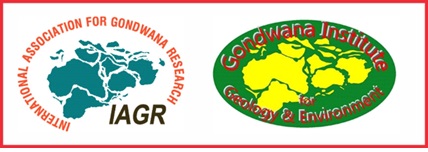The Energy Trilemma: An overview of balancing security, sustainability, and affordability
DOI:
https://doi.org/10.63335/j.hp.2025.0006Keywords:
Energy trilemma, Energy policy, Climate changeAbstract
The global energy sector faces a complex challenge in balancing three critical dimensions: energy security, environmental sustainability, and economic affordability—commonly referred to as the energy trilemma. This paper provides a novel review of emerging trends, policies, and technological advancements that address this challenge. It particularly examines the role of top CO₂-emitting countries in navigating the energy trilemma, shedding light on their strategies and potential pathways for achieving a sustainable energy future. Findings demonstrate that these countries have achieved some success in their shift to cleaner energy systems, yet they maintain diverse approaches to policy frameworks, energy systems, and economic programs. Countries deal with specific obstacles because their economic systems combine with their energy reserves and climate agreement responsibilities. China and India remain the world's biggest growing economies, but they must keep their economies expanding while reducing their coal dependence. The United States and Canada hold substantial fossil fuel reserves, yet they must establish a strategy that aligns their home energy security requirements with worldwide climate objectives. Renewable energy development remains vigorous in Germany and Japan, yet their progress is limited by high power costs, affecting their electrical grid stability. Countries with abundant resources, including Russia, Brazil, Indonesia, and Mexico, have not effectively incorporated sustainability into their plans for energy development. The findings underscore the need for integrated policies, increased investments in renewable energy, and international cooperation to achieve a balanced energy transition.
Downloads
Published
Data Availability Statement
Data will be available on request.
Issue
Section
License
Copyright (c) 2025 © International Association for Gondwana Research & Gondwana Institute for Geology and Environment, Japan

This work is licensed under a Creative Commons Attribution-NonCommercial-NoDerivatives 4.0 International License.
CC Attribution-NonCommercial-NoDerivatives 4.0

